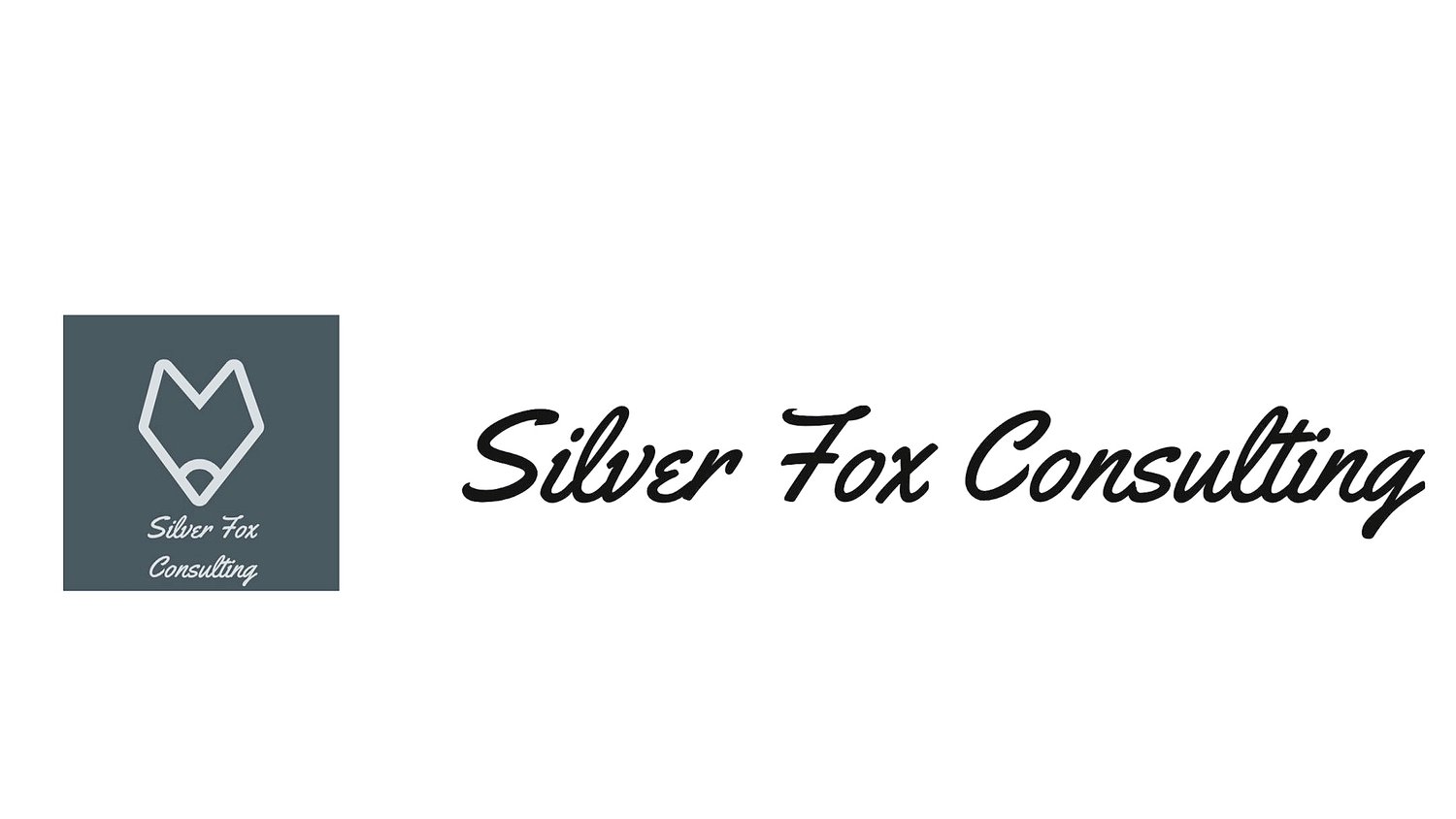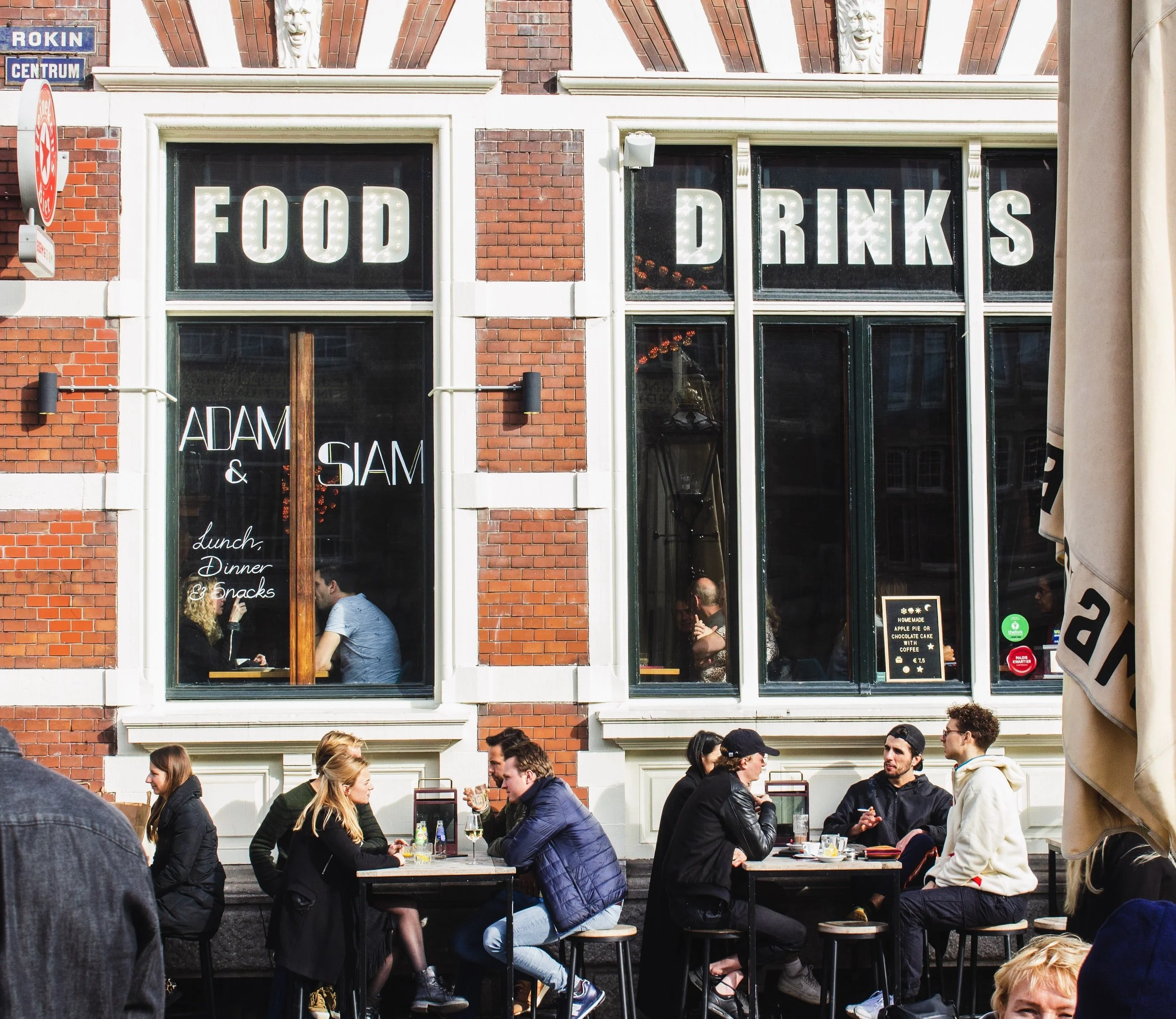
Sustainability
The concept applies to packaging options, operational decisions and an overall business philosophy.
Sustainability has a variety of meanings depending on how it will be applied to the business seeking to embrace the concept.
Where it is most often applied, is very often decided by the philosophy of the entrepreneurs who are driving the business. And quite often their philosophy is shared with their customer engagements.
Where the concept of sustainability is most visible in today’s market space is packaging, specifically packaging as applied to foodservice and grocery applications, as well as retail branded solutions.
Sustainable disposable foodservice packaging, the vehicles available for use for carry out and food delivery, food storage in the restaurant kitchen, meals ready to eat and prepared foods for pre-pack display, at one time featured a wide array of products, produced from a wide array of construction materials. Many were resin based polymers, others were crafted from molded fiber or paperboard, sometimes featuring polymer based films, either for rigidity or moisture barrier or both. Still other options were produced from a longstanding material, aluminum.
Whether dining in or carry out or taking home, many foodservice operators employ disposable packaging options as vehicles to get the menu items from the kitchen to their customers.
Within this broad offering, there were a wide variety of suitable temperature ranges, strength of material, sizes and most significantly to many users, price points. The user had a good deal of options depending on the expected use. If this was merely a receptacle to get the product from the restaurant's kitchen to the customer's home or place of work to be consumed upon arrival, that might be a different solution to the scenario where the product was to be pre-packed and heated up at home (or workplace) later. And the consideration of how the product was to be reheated was also part of the calculus. Microwaves work well with some materials, but not others. (Note: Several industry panels, including aluminum producers and even appliance manufacturers suggest that the use of aluminum in microwaves is acceptable. But anyone who has tried this, has undoubtedly found the arcing and sparking to be discomfiting). In the case of meals, often there are hot menu items and cold menu items. A salad or cole slaw will certainly want to be retained at a different temperature than a roast chicken quarter.
For those applications that were reliant on packaging of prepared meals, prepackaged for sale at convenience stores or supermarkets, for reheating at home, the concept of merchandising became important in selecting the appropriate packaging solution. The need for a clear panel to enable viewing of the menu item contained therein became crucial to the packaging solution. Options that became available included totally clear packaging, or coextruded packaging that featured a black base and a clear top. Window boxes of paperboard, some featuring film windows produced with ecofriendly resin film were also developed to meet this merchandising need.
But recent supply chain challenges and the application of legislative actions that targeted materials made with perceived deleterious materials (e.g. polystyrene in almost all forms), created a void for many of the most popular options, such as expanded/extruded polystyrene containers, and resulted with increased demand for alternatives. Some of those alternatives were molded fiber products, many using new ecofriendly materials such as waste material from sugar cane or bamboo, even wheat. However, to create rigidity and moisture resistance, this cellulose product was infused with PFAs, and studies came to light fomenting concerns about health issues related to PFAs.
Navigating the packaging options any business might need, selecting those that are effective, both in terms of functionality and cost, available in the current supply chain climate, and least harmful to either the environment and users has become a more complicated task than might have been the case in the past.
Let Silver Fox Consulting help you pave a clear path toward the most effective and functional and safe solution, with mindful consideration of cost of use and best in show merchandising potential for your needs. We know the suppliers, we know the distribution channel and we know the trends in the market place. At Silver Fox Consulting, our principals have been on the leading edge of the outreach to packaging customers for over 25 years. From the early days of "biodegradability" to the shift toward "recycling" and then the conversations about the feasibility of compost friendly products and now toward the consideration of "sustainable manufacturing and packaging" we know the landscape.



